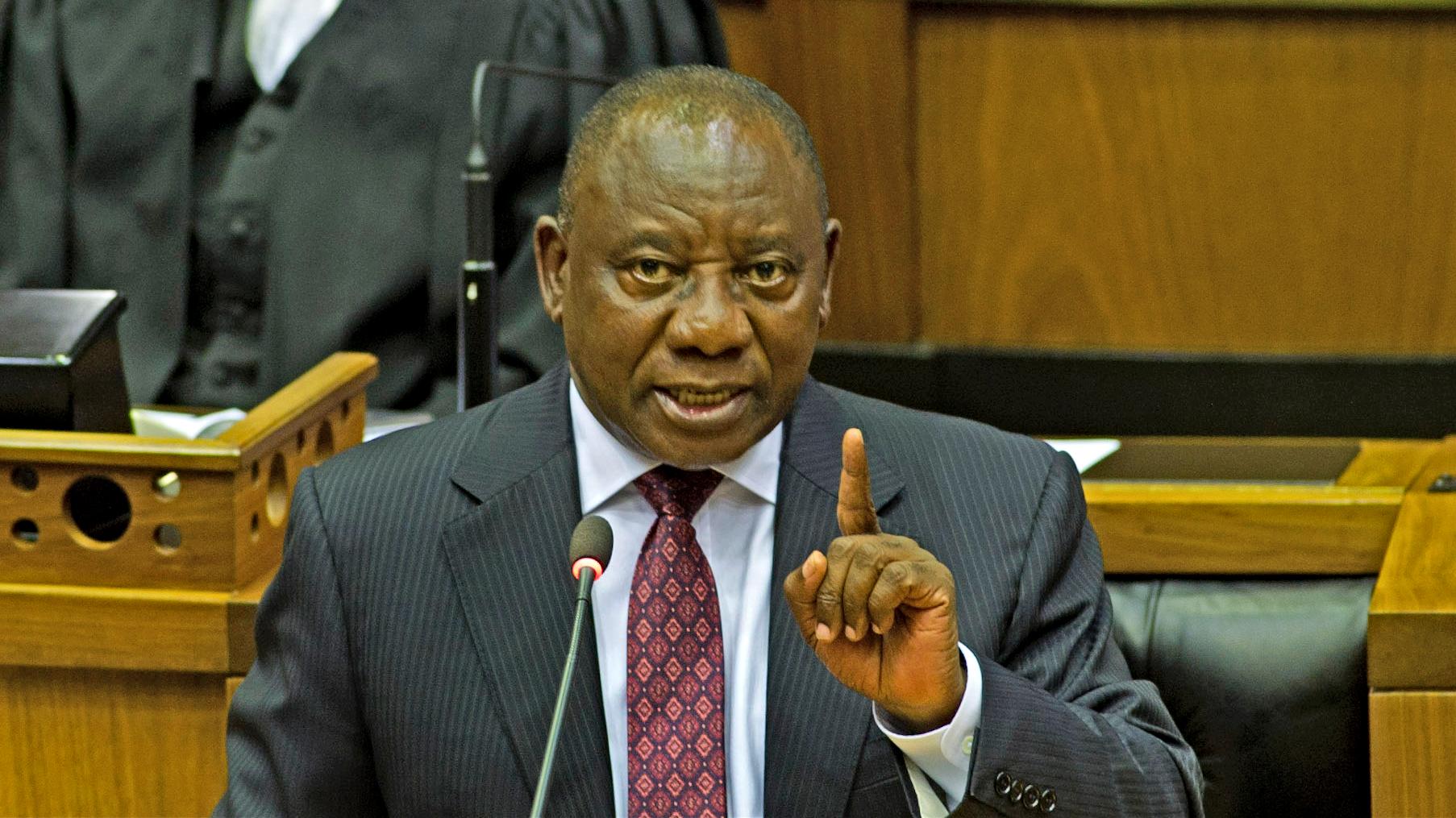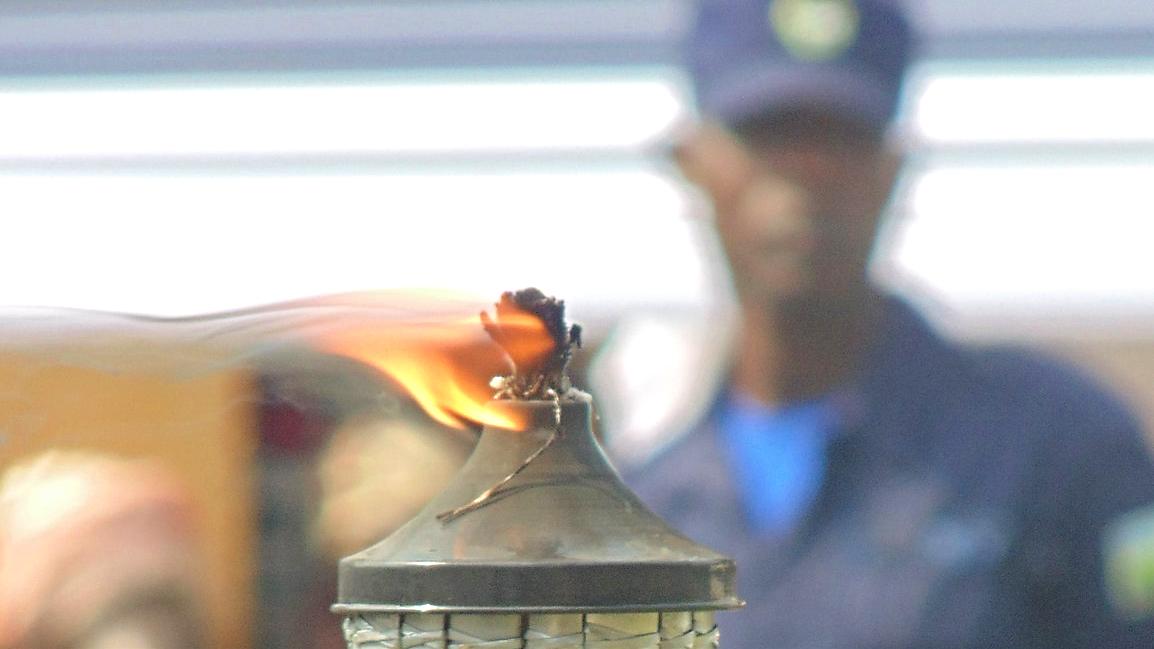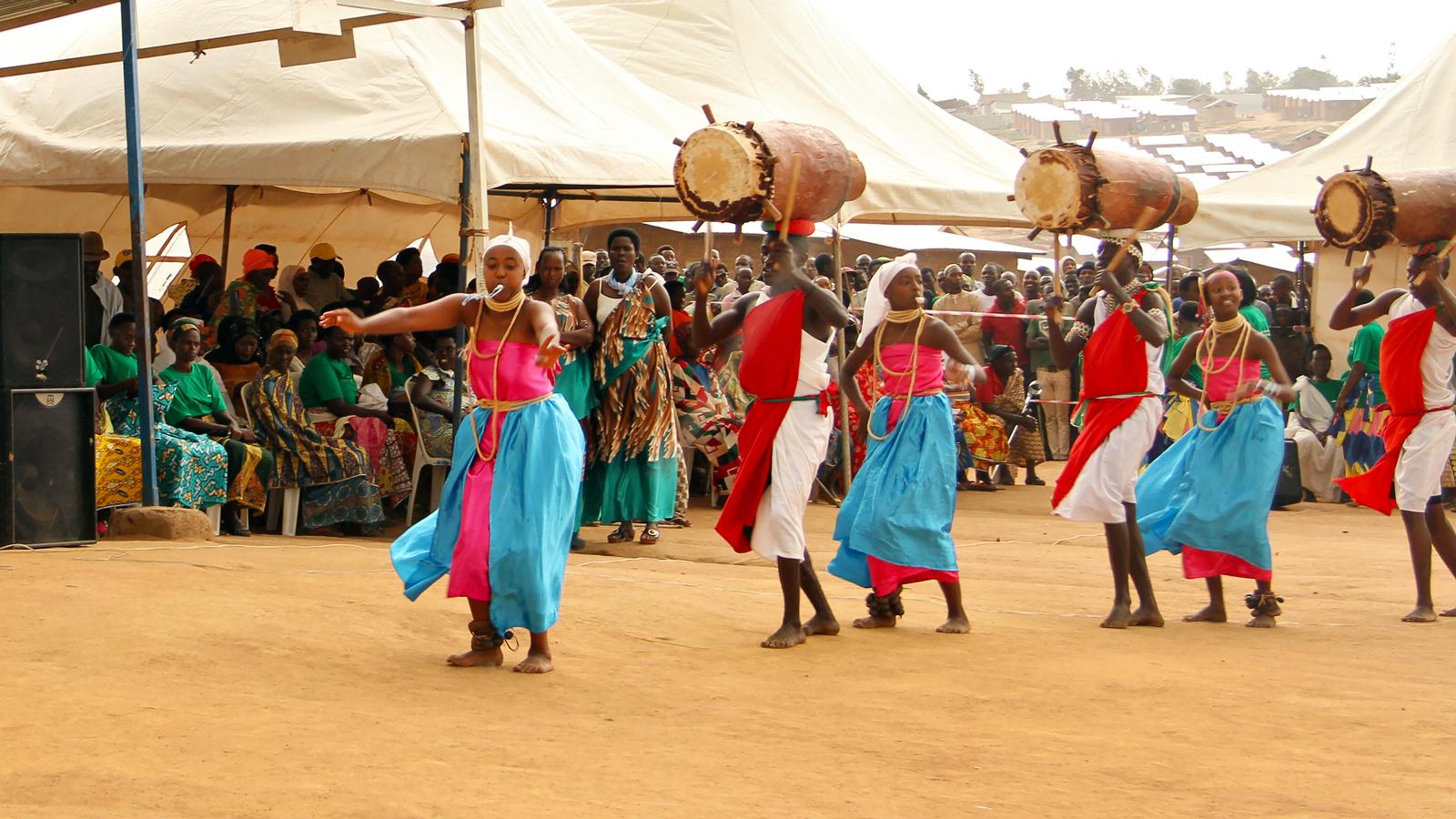Since the end of the civil war in Rwanda, women have been significantly empowered to take active roles in the public sphere, with a great positive impact on the country’s security. Building on their social roles in traditional Rwandan society, women’s participation in legislation, the judiciary and civil society marks a useful blueprint for post-conflict reconstruction elsewhere in the region.
After Rwanda’s devastating civil war and genocide in 1994 the new role of women in the country challenged traditional concepts of gender in sub-Saharan Africa. A relatively safe and stable country, Rwanda provides a new model for transformed gender roles due to the new government’s substantial efforts and the influence of international organisations, together with internal women’s lobby. The dramatic change of the position of women in Rwanda is reflected in their increased participation in the post-conflict reconstruction.
But in these new positions, have women been able to influence the historically male domain of security? I examined the role of women in three areas of the public sphere with the highest impact on post-conflict reconstruction: legislation, the judiciary and civil society.
Rwanda has the highest representation of women in legislation in the world. This rose from 49% in the Chamber of Deputies in 2003, when the new constitution guaranteeing electoral gender quotas came into power, to 67% in 2018, when the highly decreased numbers of men during the genocide had almost recovered. (The authoritarian nature of the Rwandan government left aside, the women parliamentarians recruit from both, Hutu and Tutsi ethnic groups.)
The electoral results are more astonishing given that, before the civil war, women had practically no political rights in Rwanda. The public role of women was not seen as important unless they were privately related to a man through family or informal ties. Without the symbolic ‘protection’ of a man, a woman was seen as ‘loose’, regardless of her real role in society.
Rwanda’s women in post-conflict reconstruction
During post-conflict reconstruction, female politicians took an active part in the creation of security policies by developing a new, gender differentiating model of leadership. They established the Forum of Rwandan Women Parliamentarians in 1996 to ensure women’s emancipation and gender equality in state institutions, which became one of the most important legislative actors. The Forum enforced the Gender-Based Violence Bill, newly defining and punishing crimes of sexual and domestic violence (many of which had not been considered crimes before). Female deputies also prepared the Inheritance Law giving equal inheritance rights to female and male descendants and finally enabling women to own land. These laws greatly impacted the country’s security because sexual violence and disputes over land have been the most frequent causes of social tension and conflict among ethnic groups.
Women’s traditional role in civil society in Rwanda, involving specific labour and social functions based on personal relationships, diminished under the establishment of the Rwandan monarchy at end of the 18th century. Subsequently, German and Belgian colonialists further exacerbated the already deep ethnic and gender divisions in the nation. After Rwanda gained independence in 1962, women were marginalised with no economic rights, totally dependent on men in public life. Nevertheless, during the post-conflict reconstruction, the activities of women’s organisations in civil society contributed significantly to security. Despite a post-genocide atmosphere fraught with resentment, women’s groups facilitated national reconciliation and tolerance between ethnic groups. For example, the Rwandan Women Leaders’ Caucus specialised in capacity building and served as a bridge between political and ethnic boundaries.
Women in Rwanda’s peacebuilding
In peacebuilding, many ordinary women risked their lives and returned home after the genocide; some even negotiated with the army peaceful capitulation conditions for the rebels. Rwandan women were also involved in a number of women’s security organisations, which shared information and disseminated safety and security training to civilians on gender mainstreaming.
Participation of Rwandan women in peacebuilding is based on their unique position as mediators in families and tribes, as well as newly emerging feminist ideals. Because women in traditional Rwandan society have had fewer official opportunities to pursue political interests, they have often resorted to informal means, such as negotiating with insurgent relatives and the army. Women’s traditionally recognised mediating and conciliating role in the private realm, contrary to gains made elsewhere through public policy, has thus been used to develop gender balance in a functioning and secure society.
Women in Rwanda’s judiciary
Historically, women had been denied the right to speak in public, meaning they lacked an official role in the judiciary. After the civil war, women took a range of responsibilities in judicial proceedings, from Gacaca Court System (at least 30% by quota) to the Highest Court (44%).
Publicly deliberating crimes, Gacaca (meaning ‘those sitting in the grass’, ‘the elders’) was established by the government to prosecute some 100,000 suspects, imprisoned for many years while awaiting trial at the national courts and the International Criminal Tribunal for Rwanda (ICTR). As the majority of the surviving population, and due to their traditional social role, women in the judiciary worked on national reconciliation to restore peace and order, and to prevent further violence.
The Gacaca in Sovu Province had a majority of female judges, where more cases were prosecuted than at the ICTR and the national courts combined. Overall, the Gacaca courts convicted 1.6 million out of 1.9 million suspects, although this is not without controversy. Offenders were condemned merely by the testimony of witnesses, including cases of intimidation and personal revenge. Given the circumstances, it has been deemed the only way to judge the huge number of cases, as the formal courts did not have such capacity and delays would have further exacerbated national cleavages.
The greatest success of the ICTR, from a legal feminist perspective, was its recognition of rape as a crime against humanity and, for the first time, as evidence of genocide. This was a breakthrough in the prosecution of war criminals and a step forward in the promotion of worldwide gender equality in criminal justice.
Improved security as a result of women’s participation in political, legal and social affairs could be achieved in other states where post-conflict reconstruction is ongoing, through the inclusion of women in peacebuilding and by empowering them in every aspect of society. Indeed, let us consider the opposite. Can post-conflict reconstruction without women be truly effective?
Photo: International Day of reflection on the 1994 genocide in Rwanda. Credit: UN photo/Pierre Albouy. Licensed under creative commons (CC BY-NC-ND 2.0).






I don’t know what to think of this.
There’re facade represntations that dictators have become accustomed to. Is Rwanda under Kagame one of them?
They like to appoint docile women in cabinets. Kagame and Abiy have learned that lesson. In one case, it helped him earn the Nobel Prize. It is a marketing technique.
My former student who was a Peace Corps student who was in Rwanda is one bitter critic of Kagame. I do nrust her. And another I used to coorespond with is well “regarded” professor at an Eastern Universityr (Colgate University), I do not trust. at a personal lvel
I’m very aware of dictators putting up fronts to polish their images.
But the professor I knew is very unethical as well despite her success in academia.
On balance, I will trust my student. I think Kagame is a skilled tyrant.
Dear Steve,
Indeed, Rwandan regime is an authoritarian one, discriminating BaHutu currently more and more again. There is many evidence of human rights violations in literature, media, NGOs´ and UN reports.
However, my article relates not only to women in government (who might be perceived as “docile”, although it is mostly not the case in reality – many of them are aggressive or assertive and successful politicians) but to women at all levels of the society – those who were empowered by the Kagame´s government (the nature of the regime left aside here for now) – e.g. to speak publicly at Gacaca tribunals and other public places; or those negotiating peace informally (without any link to the government) persuading peaceful return of their kin to stop the fight.
To sum up, the aim off this article is not an analysis (or promotion!) of the regime but a study of women agency in post-conflict reconstruction. Rwanda is a good example of this, the regime´s intention (international reputation, funding) being irrelevant specifically here. Regarding the human rights and minority policy, no doubt, the regime has big gaps which should be changed in order to achieve faster pace of development and secure and democratic society (with no exceptions).